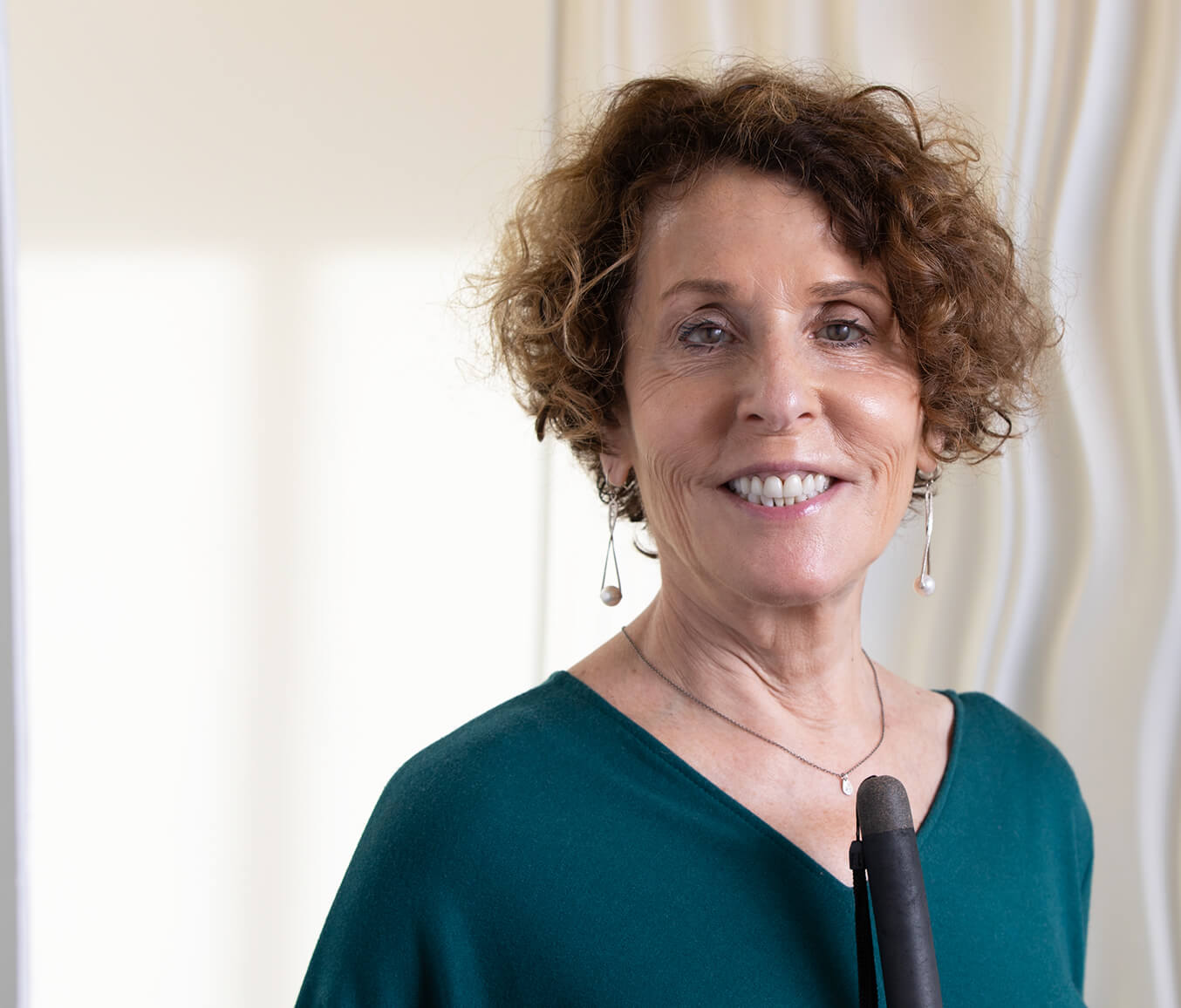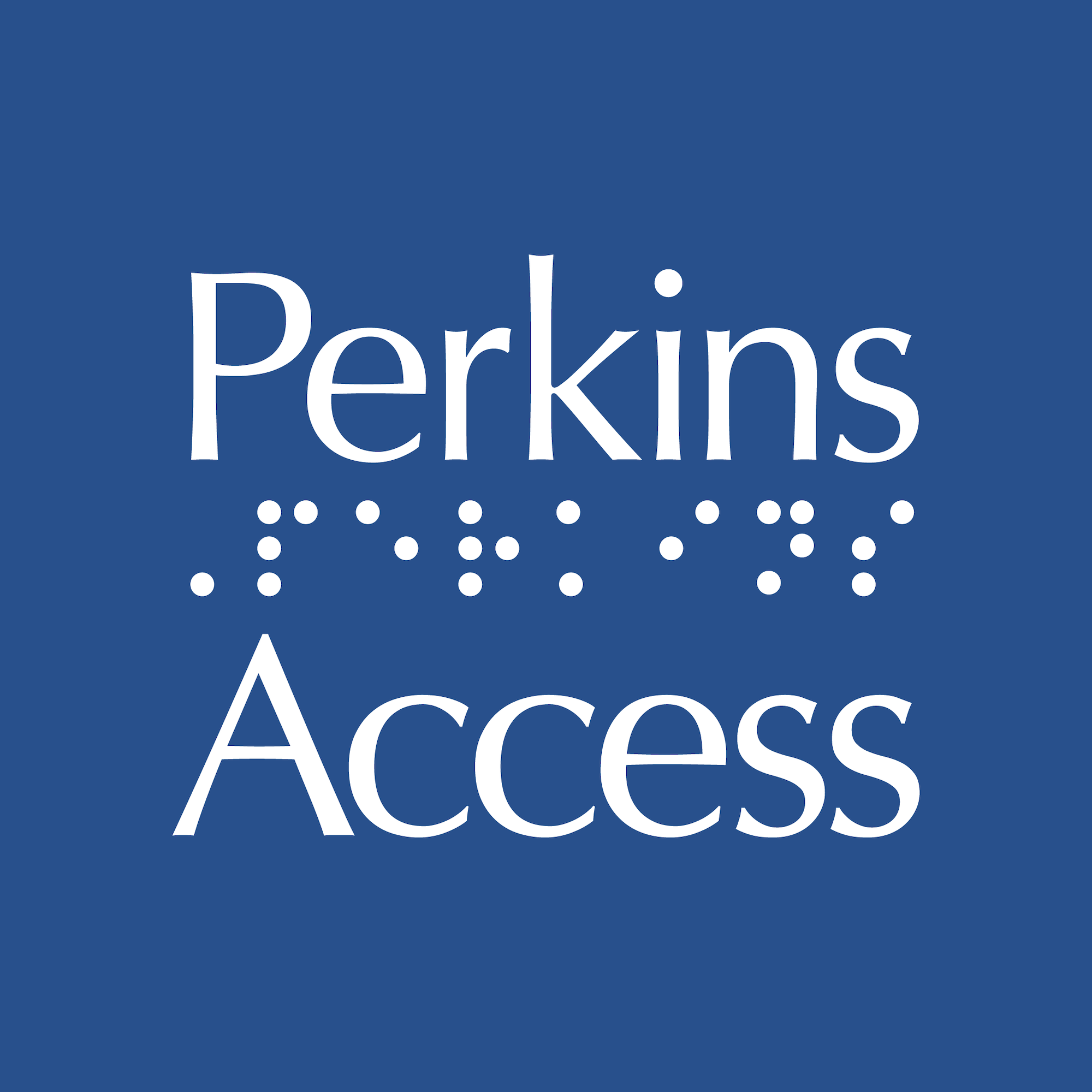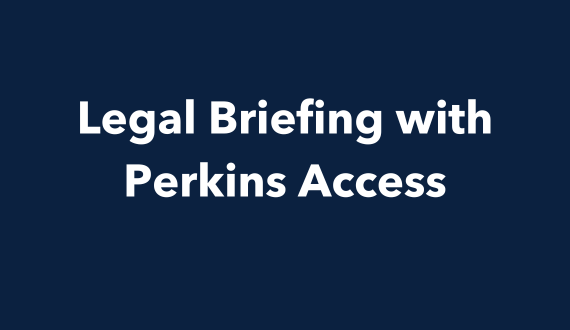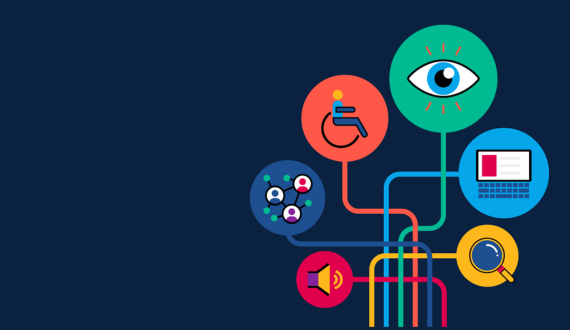Why digital accessibility matters in COVID times more than ever
Share

So much of the world has shifted online, yet the majority of digital platforms remain inaccessible to people with disabilities.
One night, in the midst of the coronavirus pandemic, my phone buzzed with a notification from a popular app with news of restaurants still open for delivery in my area.
Perfect, I thought. The grocery delivery service I’d been using was backed up by demand. This would be a good way to get dinner, as my own shelves were nearly bare.
Just one problem: The app wasn’t accessible. As a blind person, I couldn’t discern which restaurants were listed on my phone screen, never mind place an order with one. Consequently, demand stripped me of my first option and my other option wasn’t really an option at all. Not for me, at least.
Unfortunately, for people with disabilities, this type of thing happens all the time.
Websites, apps and all other digital platforms are created disproportionately with only the needs of typically able-bodied users in mind. And the problem is everywhere. From health care to education, e-commerce to entertainment, there isn’t a single industry succeeding when it comes to creating digital platforms all people can use.
That’s why I’m so proud to work with Perkins Access. We walk organizations through the process of creating digital products that people with disabilities — people like me — can use by providing training and consultation. I’m proud because this work is necessary for creating an equal society in a digital world.
Think about it: People do everything online. They keep in touch with friends and family. They go to school. They navigate important information about their health care. They get to and from places using ride-sharing apps. Yet despite all this, so many common digital products simply aren’t accessible to people with disabilities. It doesn’t have to be this way.
And if you’re wondering why a school for the blind is so focused on helping organizations embrace digital accessibility, well, the answer is a simple one. Around here, we like to say Perkins prepares students for the world and the world for the students. Championing digital accessibility is one of the most important ways we live up to the latter part of that statement.
Looking ahead, there’s so much work to be done — the pandemic, which forced the world to operate remotely, online, has made that all too terrifyingly clear. Yet I know we can create a more accessible connected world, one in which disability isn’t a barrier to using digital platforms at work, in the home or anywhere else. We just can’t create it without your continued support. So together, let’s create that world.
JoAnn Becker is the Manager of Assistive Technology Training with Perkins Access. She has more than two decades of experience in the field and has trained hundreds of students, teachers and adults to use assistive technologies and devices.




